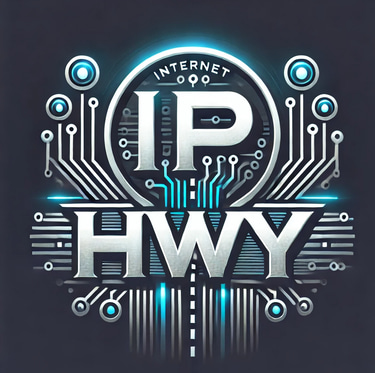Why I’ll Never Be a Fan of Bill Gates (And It’s Not Just About Microsoft)
Jim Leone
7/4/20252 min read
Let me get this out of the way: No, I don’t believe Bill Gates is the devil. No, I don’t think he’s injecting microchips into people. But I’ve never been, and probably never will be, a fan of Bill Gates.
Here’s why.
Recently, I was reading yet another article about the Bill & Melinda Gates Foundation. The author painted Gates as a hero, a superhuman tech genius, and a crusader for the sick and poor. As much as I try, I just can’t stomach that portrayal.
I’ve been in tech far too long. I’ve lived through the truth of who Bill Gates really is.
1. The Myth of the “Tech Genius”
Bill Gates is often celebrated as the brilliant coder who revolutionized computing from a garage. But let’s be honest, his greatest skill wasn’t in writing code. It was cutting deals, 'obtaining' competitor secrets, cornering markets, and being ruthlessly strategic.
Many of Microsoft’s early victories weren’t about building the best technology, they were about ensuring nobody else had a chance to compete.
“Embrace, extend, extinguish.” That wasn’t just a phrase, it was a calculated strategy baked into Microsoft’s DNA under Gates’ leadership. Want proof? Look at what happened to Netscape, WordPerfect, Stac, Novell, and countless others who dared to challenge Microsoft in the ‘90s.
Gates wasn’t some wide-eyed innovator. He was a shark in a suit.
2. Philanthropy with Strings Attached
Plenty of people idolize Gates for his philanthropy. “But Jim, he’s giving away billions!” Sure, but let’s ask the harder question: To whom, and why?
Much of his charitable focus revolves around areas where he continues to hold significant influence ... global health, vaccines, and education reform. And strangely enough, many of the “solutions” his foundation promotes tend to involve Microsoft technologies, patents, or corporate partners.
I’m not against philanthropy. But what I do oppose is the consolidation of power under the guise of charity.
3. Tech Monopolies… The Legacy Nobody Wants to Admit
If you’ve worked in tech, or even just lived through the early internet, you already know what Bill Gates left behind: a tech landscape where monopolies are normalized.
Microsoft didn’t just dominate, it suffocated competition. And even after Gates stepped down, we’re still living in the world his company shaped:
Proprietary software lock-in
Walled gardens
Pay-to-play app ecosystems
Ironically, many of the same people who once feared Microsoft now cheer for Apple, Google, and Amazon, but Gates laid the blueprint.
4. We Don’t Need More Tech Messiahs
Somewhere along the line, Bill Gates transformed, from tech billionaire to global savior in some corners of the public eye.
Personally? I don’t trust any billionaire who spent decades accumulating wealth through aggressive business practices to suddenly become the world’s moral compass.
I don’t want Gates, Musk, or Zuckerberg deciding the future of education, healthcare, or climate policy.
We don’t need more tech messiahs, we need more accountability, transparency, and independent oversight.
I Don’t Hate Him, But I Don’t Idolize Him Either
This isn’t about personal animosity. I’m sure Bill Gates has done some good in the world. But history matters. Motives matter. And unchecked power, no matter how well-intentioned, should never go unquestioned.
We don’t need more billionaires playing gods with global systems.
We need more people willing to ask hard questions.
That’s why I’ll never be a Bill Gates fan.
The IP HighWay
Stay updated with the latest IT security news.
info@iphwy.com
© 2025. IPHwy LLC. All rights reserved.



